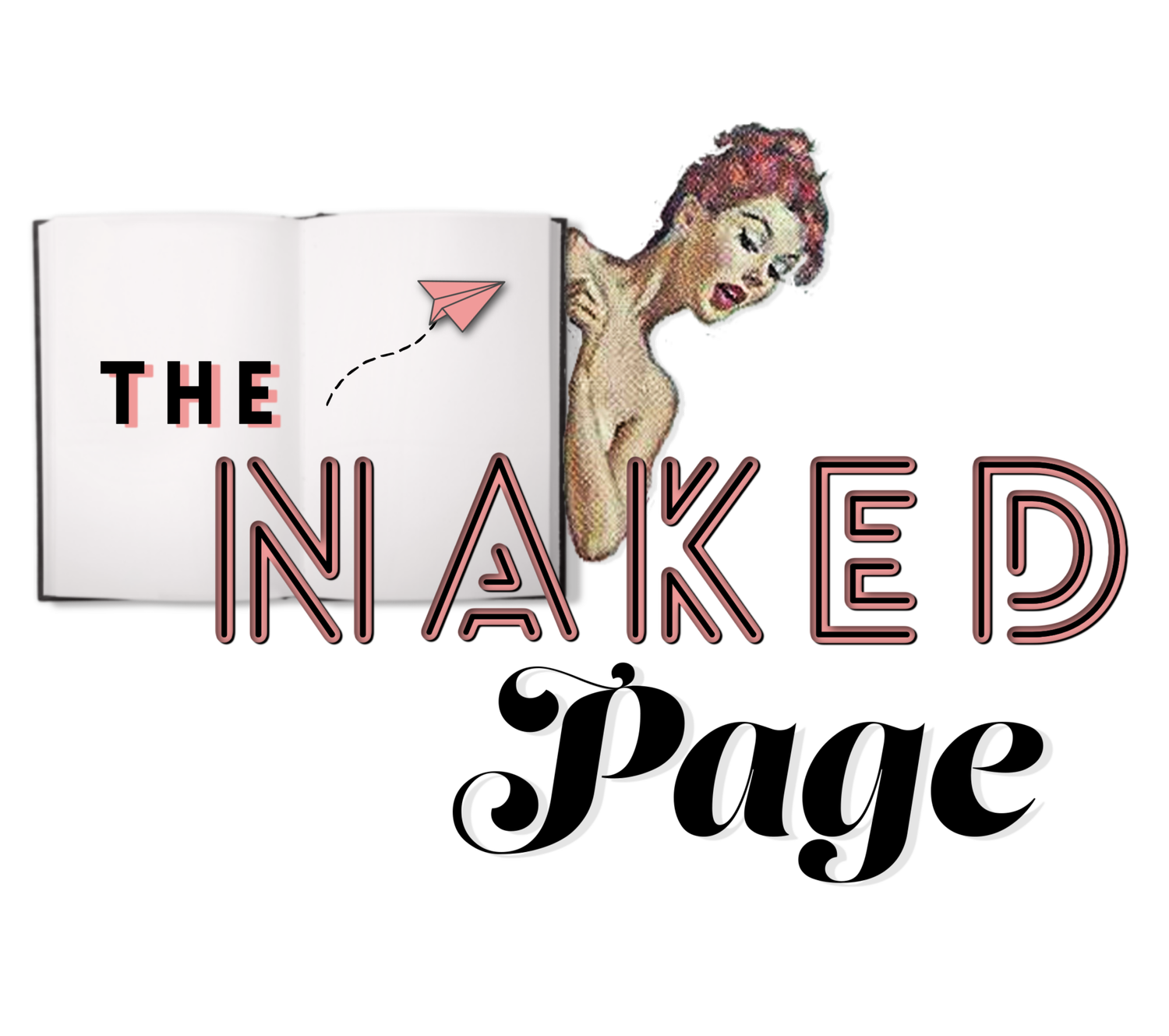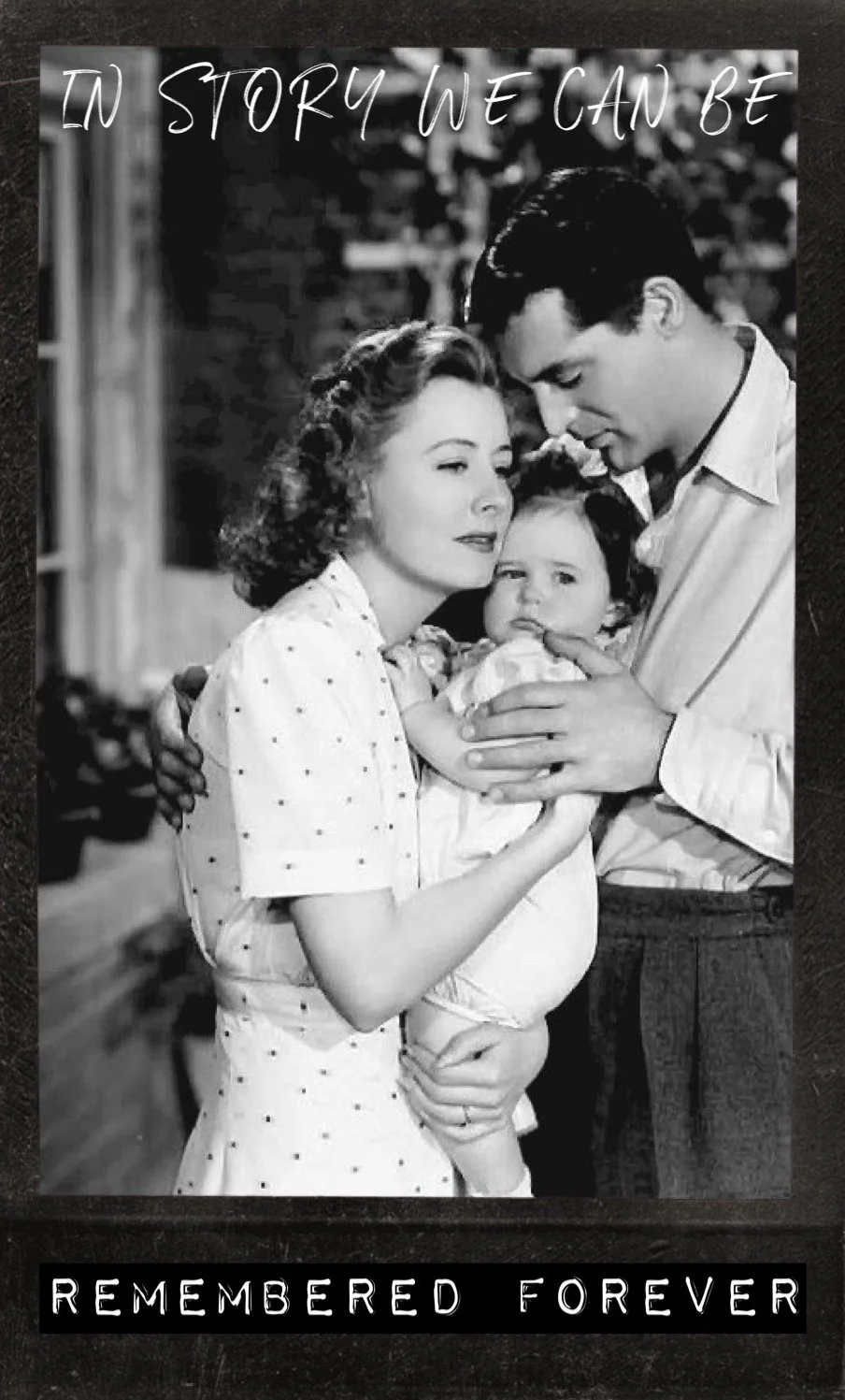Write to Focus Your Grief
This article was originally written just a few days after the Pulse Nightclub Shooting.
Since that time, I’ve endured a miscarriage, a traumatic birth, isolation as a new mom, the loss of friends, the ending of a job I loved, and another health crisis. Plus the collective trauma we’ve all experienced as a nation.
To say I (and you) have felt grief would be an understatement.
But there’s one thing that hasn’t changed. My resolve to write about grief-ridden events. I hope you’ll join me in telling your stories.
“I needed to make meaning out of my emotions and to structure them into something more useful.”
Writing may overwhelm you when you first put your tragedy on paper. But I believe it’s the best path for processing your feelings. And your stories can help readers identify and process their pain, too.
When there’s a tragic nationwide event, you’ll see people sharing similar sentiments on social media. These expressions can make us feel less alone. Other times, this collective grief may make you want to shut yourself off and hide from the world.
In 2017, when I was breastfeeding an underweight baby, and not getting enough sleep, I found the bombastic warmongering between Trump and Kim Jong-un to be a fear provoking experience. I was scared and edgy. My mama bear instinct was in full throttle mode. Yet, my fears were topped by my child’s vulnerability and the dangers she might encounter.
The need to carve out safety was all I could think about.
I had to turn it off. The news. Facebook. Twitter. Everything.
Unfortunately, this disconnection isolated me even more.
But I’m a storyteller.
I can only sit and stew for so long. I needed to make meaning out of my emotions and to structure them into something useful.
“The time you dedicate to writing can be a transformative experience, maybe even a spiritual calling.”
Despite not having much of a support network, I had to get grounded. Turning away from the world, I went inward to tell my stories.
Words matter.
Whether you’re emphatically calling for reform on the front page of the New York Times or you’re writing out the last 10 years of your life. The time you dedicate to writing, especially when it’s done during challenging periods, can be a transformative experience, maybe even a spiritual calling. And not only for you, but for your readers now and 100 years from now.
The stories you dedicate yourself to writing will map out where your life’s taken you. You’ll be able to look back on the difficult times and clearly see who you’ve become.
“Writing has always been the core method for processing my grief and trauma.”
Regardless of your style, there’s proof that the written word can help us manage our grief.
Harvard Medical School has a quick read about the benefits of writing to ease painful experiences.
Or you might want to check out this New York Times article from Joyce Carol Oats and Meghan O’Rourke.
But I must address a caveat before we continue:
Please seek out a therapist. Don’t try to tackle life’s more difficult challenges alone without some professional guidance.
While I’ve become comfortable writing about most anything, I still face conflicting emotions when I sit down to spill my guts. In an effort to manage those feelings more effectively, I have a trusted therapist I see regularly, I read books on the mind-body connection, and I’ve taken a class on grief.
I also find studying philosophy helps me manage an overly active brain. Thank god for the Philosophical Research Society and their online classes.
And even though I’m a head case who can forget about her body, I march my butt to pilates and hot yoga classes weekly.
But writing has always been the core method for processing my grief and trauma.
Understanding its power might benefit you, too.
Do we ever completely heal from our wounds?
Healing or curing yourself is not only unlikely, but not ideal. My scars are such a big part of who I am.
This is why I say writing helps me process my grief, but I never really heal from it. To read more about the differences between healing and processing check out this article.
More recently my class with a Buddhist Hospice Chaplain has me questioning the 5 stages of grief we’ve all been taught. Do we really march straight through each phase until we reach acceptance and life’s all good again?
The honest answer is no. Grief is a life-long process.
So, if you don’t fully recover from tragedy, is writing still a worthwhile endeavor?
I believe the answer is yes. And I’d like to share its power with you.
My beliefs about therapeutic writing differ from much of what’s on the market.
A quick Google search on “therapeutic writing” or “writing therapy” will bring up pages of resources. Here, you’ll mostly find suggestions on how to get started free writing in a journal or how to use specific prompts.
I’ll be honest. I don’t believe in these tools. If they work for you, great. But those are not my go-tos.
I don’t journal. I hate prompts. And I don’t find free writing particularly useful. But I still write regularly.
Like I stated earlier, I’m a storyteller.
I believe in elements coming together to create something bigger.
The product of a story is proof that the whole is greater than the sum of its parts. I once believed that applying structure to writing was only necessary for authors who wished to publish. But I now understand having structure is effective for therapeutic writing, too.
Crafting stories—not just journaling—is the best avenue for processing pain.
Here are 5 ways writing can be an effective tool for focusing your grief:
1. You quiet your mind:
Call it meditation. Introspection. Self-examination. Stopping long enough to put your feelings on paper has as much to do with sitting calmly and shutting out the world as it does with saying something profound.
It forces you to focus inward.
Learning to write regularly carries with it many of the same benefits of a meditation practice.
You’ll hear the same complaints from novice writers that you get from new meditators:
“I couldn’t sit still.”
“I kept thinking about other things.”
“I had to get up and check my phone.”
These hindrances may frustrate you in the beginning, but if you continue the practice you’ll become more proficient at writing for longer periods.
2. You will feel things:
Most people will want to shut out negative emotions.
Writing does the opposite.
It calls you to move towards your feelings. You’ll have to learn how to trust this experience. The truth is the closer you get to your trauma or grief, the more opportunity you have to name it, claim it, and move forward.
Think of the revelations we’ve all heard recently. Truly shocking events like the sexual abuse of men in powerful positions. We’re only hearing about them now, but that doesn’t mean they weren’t happening years ago. We just didn’t know about them. Having this knowledge can be scary, but it gives us an ability to process the experience and get past it.
The power to transform an experience only comes after you’re aware of it.
This is the same with your grief.
You may lash out or experience pain. But only when you connect your negative emotions in all its different forms to the death of a loved one will you be able to come to terms with your grief. You may cry, feel depressed, lose your appetite, or interest in activities and not understand why. But writing will help you assign words to these feelings.
Think of a toddler who throws tantrums because she can’t communicate. Those fits of rage calm down once she begins to grasp language.
Your grief functions much the same way. It wants to be understood, but will kick and scream until you address it.
If you put your feelings into a story, then they have a place and a purpose outside your body. You literally unleash the pain from inside you into a different container. Once they’re out of you, you can see your grief as a separate entity from self.
You and your grief are not the same.
3. You’ll find your own voice:
When you write about your grief, you’ll gain a sense of authority over your experiences. In writing, you lose that feeling of helplessness.
No one else has your voice. And learning to command it over a story teaches you to regain your power.
Often when a tragic event happens, we have little control. We may replay the scene in our minds and even think out what we could have done differently, but in most cases it wouldn’t have mattered.
Whether you need to alleviate guilt, or you need to find your power again, writing puts you in the driver’s seat.
When you write and craft a story, you make choices about what to put in and what to leave out. You’ll find a tone—maybe it’s humorous, maybe it’s somber. But you’re recounting what you remember. How the events transpired from your perspective.
4. You’ll make meaning out of senseless experiences:
Putting words down in a sentence, then a paragraph, and eventually formulating a beginning, a middle, and an ending to a story provides structure.
By encapsulating your grief in words, you’re building a framework for your feelings. This structure makes grief feel less open-ended. It will also be less likely to invade other aspects of your life.
This is one reason I believe committing yourself to telling a story is far more productive than free writing. Journaling can help you get everything onto a page. But returning to that journal and crafting a story from those words requires you to develop your own meaning from the tragic events.
Journaling only is like gathering all the materials to build a house, but leaving them sitting out in a big pile.
Creating story is where the house building begins. Eventually it’ll become a place where you can take shelter when it rains.
Your story has a bigger purpose.
Start journaling if that’s the way you need to get your ideas down, but don’t stop there. Keep finding better ways to craft a full story. When your grief feels like it can stretch out endlessly, know that after you revise and edit your story, it’ll have an ending. And this story can be where you house some of your grief.
5. Revision is a process for words and life:
If you commit to tackling a story, you’ll eventually need to start the revision process. As you change your words, your feelings will change, too. This revision keeps us from getting trapped in one emotional state.
We navigate the road of emotions as we revisit our grief.
This doesn’t mean we change the truth of our stories. It means we get clearer on how we remember the events.
You aren’t describing your traumatic labor based on what the OBGYN or your mother-in-law told you. You’re focused on your personal experience. This may seem like a no-brainer, but it’s surprising how easily persuaded we are to see things from someone else’s perspective.
Writing and specifically story building forces you to reclaim your participation in the events.
You’ll need to make important decisions like identifying the bigger message in your story, picking a point-of-view, and clarifying your narrative voice.
Bonus: Sharing your work provides reciprocal support. Not only does sharing help others understand how you feel, it also gives readers a way to connect their grief to yours.
This shared experience of grieving may be the most revitalizing part of the process. Sharing our stories helps us build community from our collective grief.
Just remember, grief may never leave you.
But as humans we have the ability to manifest our thoughts, feelings, and desires into something greater than ourselves. Each decision to write is an opportunity to call on higher order thinking instead of knee-jerk reactions. And it’s also a way to capture your experience on the page.
How have you been affected by grief? Can you see yourself writing about it?


